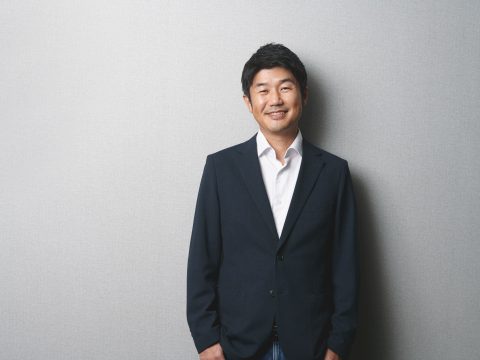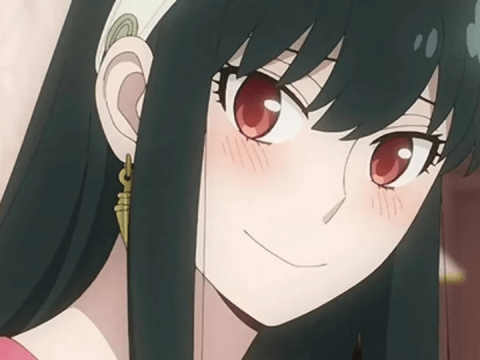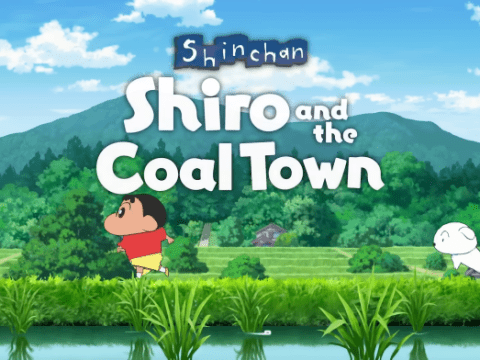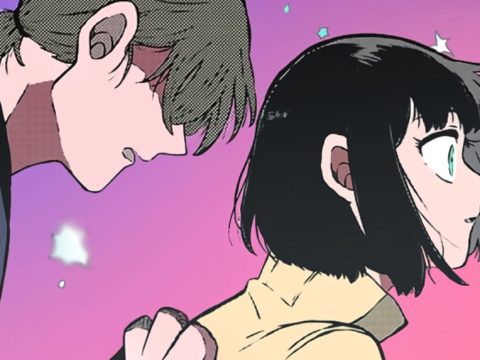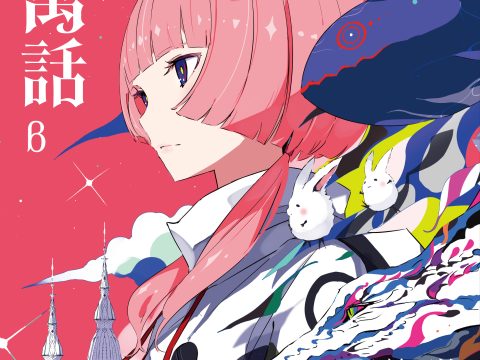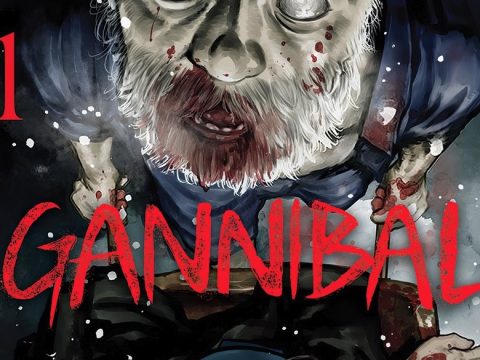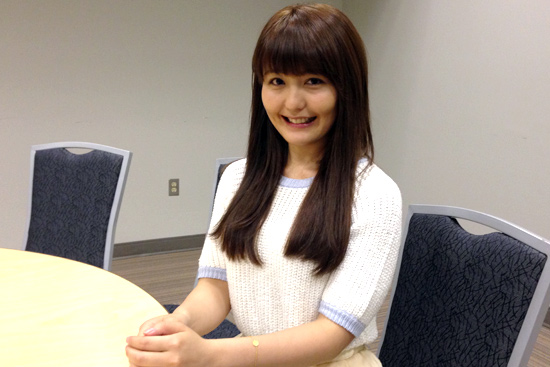
The acting bug bit Ai Nonaka from an early age, when Yu Yu Hakusho convinced her that being a voice actress was pretty much the coolest thing ever. From there, she dove into the world of acting, becoming head of her school’s acting club, striving to gain as much experience as possible to achieve her dreams. She started getting roles in anime starting in the early 2000s with shows like Air Master, Pani Poni Dash and Air, and she hasn’t stopped since.
Over the past decade and change, Nonaka (known as Ai-pon to her fans) has lent her voice to a dizzying number of anime series, movies, games, drama CDs, and more. Some of her more well-known roles in anime include Kyoko in Madoka Magica, Tiramy in Amagi Brilliant Park, and Fuko Ibuki in Clannad.
OUSA: You’ve been to a number of anime and general Japanese pop culture conventions around the world at this point. How has the reception been overseas?
Nonaka: Oh, it’s been wonderful. The fans have been really nice, and I’ve seen some who were doing cosplay of characters I played, like lots of people doing Kyoko from Madoka Magica who I got pictures with. I also did voice work for the Japanese version of Steven Universe (I played Connie), which seems to be very popular there based on the cosplay I’ve seen. (laughs)
OUSA: What do you think of Steven Universe, out of curiosity?
Nonaka: It’s really fun, and there’s a contingent of fans in Japan who love the show, but it’s nowhere near what it’s like at the American conventions I’ve been to.
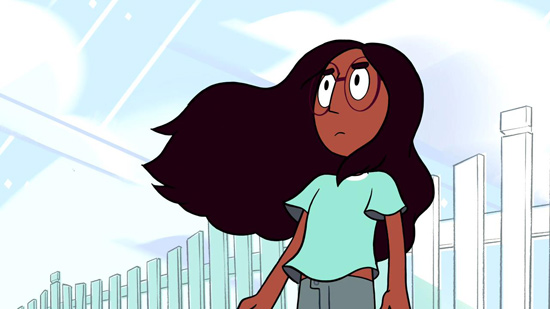
OUSA: What are some of the differences between dubbing something that’s made in Japan versus something from overseas?
Nonaka: Well, if I’m doing something that’s Japanese-made, I can kind of decide what I want to do with the character from the voice up. If there are any character traits I want to put in there, I get to create that from scratch most of the time. With something made overseas in another language, there’s already a voice for the character, so I try to get as close as I can to that as I can.
OUSA: Have you dubbed any shows that were particularly interesting or posed a unique challenge to you as an actor?
Nonaka: There was a show called Jessie on the Disney channel where the main character aged along with the show, growing from a little girl up to about 12 years old. That made it hard to decide whether I should try to mature my voice to match that or just keep it the same throughout. There was also a disconnect between the movements of the characters and voice and what we’re used to in Japan, so I had to try my best to make sure it didn’t come across as weird in the finished show.
OUSA: There was an interview you did back at Otakon in 2012 where you mentioned you were getting ready to compete in a marathon. How did that go? Do you still compete?
Nonaka: I ran it with my best time! I’m still running, and I’d like to enter another marathon… maybe one overseas? Oh, I hear Disney has marathons. I’d love to run one of those!
OUSA: Can you talk at all about some of the shows you’re currently working on? What’s keeping you busy?
Nonaka: It was just decided that I’ll be playing Princess Mansherry in One Piece, so I’m very curious to see what happens in the manga from here on out. We’re still in the middle of the story arc where she shows up, after all.
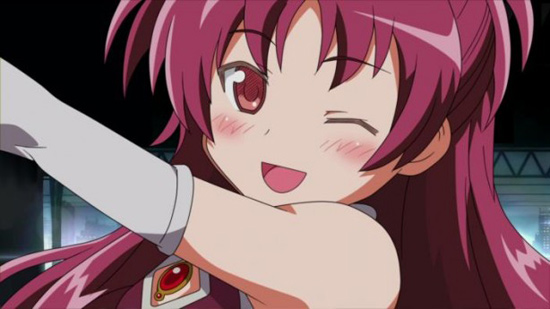
OUSA: It’s pretty well known that Yu Yu Hakusho inspired you to become an actor. Was there anything about the show in particular that pushed you in that direction?
Nonaka: I loved Kurama. You know, the guy with the red hair who could turn into a fox, and then his hair changed to white? (laughs)
OUSA: When you first started out you wanted to become a member of the famous Takarazuka Revue. Can you talk a little about why that was and why you ultimately pursued voice acting instead?
Nonaka: Well, when I decided I wanted to become a voice actor, I read in a book that you need to be able to act in general if you want to be a voice actor. From there I started studying acting, and became interested in Takarazuka and other acting troupes in Japan, which led to me wanting to become one of the main women who played the male roles in all their shows. But after a certain point I stopped getting any taller, and you have to be about 5’7″ or 160 centimeters in order to look cool as a guy. So from there I gave up on that idea and pursued voice acting instead.
OUSA: Were there any experiences from that period in your life that were particularly memorable or had an effect on you once you started your career in earnest?
Nonaka: I was in the drama club in Junior High, where I got the chance to perform in a stage version of O. Henry’s The Last Leaf, and doing that with all the upperclassmen is a wonderful memory.
OUSA: Was there anything that pushed you along when you were just starting out professionally? Something that served as a source of inspiration, for example?
Nonaka: Well, one thing I can think of is all the times I was onstage. When things got tough, I’d think back to the lights shining on me, the audience clapping for me, and the joys of acting. That got me through a lot of hard times.
I’d also listen to the opening song from Yu Yu Hakusho, and that would remind me of when I was a fan. It really made me want to work that much harder as an actress.
OUSA: Have you seen anything recently that’s really impressed you? Doesn’t have to be anime, necessarily.
Nonaka: Cinderella. Even though I’ve known the story since forever, it still made me cry something like 3 times. Oh, and Frozen, of course.
OUSA: Do you have any goals that you want to accomplish as an actress going forward?
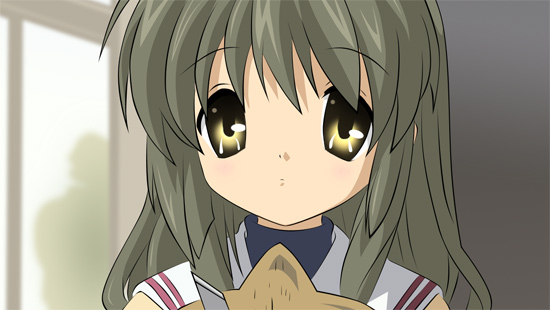
Nonaka: It’s kind of a miracle when you’re able to work on a show that’s really unique with interesting characters, something like Madoka Magica, so that’s definitely the kind of thing I want to have the chance to work on in the future.
There are also roles that I’d like to try that I haven’t had much of an opportunity to work on so far, maybe something like a villain, for example. But I’d also like to be the kind of actress that a show’s director would seek out specifically to play certain parts. Basically, I want to be an interesting voice actress.
OUSA: Define “interesting.”
Nonaka: Something that isn’t a typical acting experience, something like the character Tiramy in Amagi Brilliant Park, for example. I’d like to be able to create a character that’s unique to a given show with the help of the director and the rest of the staff. I don’t want people to say “oh, she’s just like Rei from Evangelion” or create characters that are just like somebody else’s characters. I want to be unique.
OUSA: How much freedom do you have to put your own spin on a character and do what you want to do with a character? What’s your process like when deciding what to do with a given character?
Nonaka: First I read the script or original work and think about what the character’s like. I’ll bring my ideas to the directors and other staff members, perform it in front of them, and see what they tell me. Maybe it should be more like this or that, maybe it needs to get pushed more in one direction or the other. We’ll discuss it as a group and see what everyone thinks, but I don’t usually just do whatever they tell me. I try to make it a little bit more charming or appealing to the audience whenever possible.
OUSA: Have there ever been times where you tried something like that and the staff put their foot down?
Nonaka: Every once in a while. (laughs)
OUSA: Thanks so much for your time.
Nonaka: Thank you!
Special thanks to Nita Lieu for assisting with interpretation.
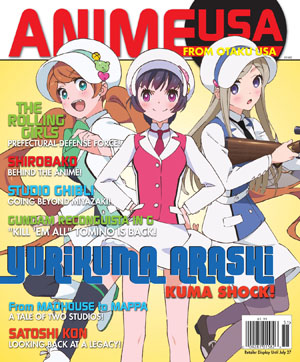
For more behind-the-scenes coverage of anime, check out our special issue on the topic, Anime USA. Available as a back issue at our online store, you can learn more about anime voice actors, directors, crowd funding, and the general creative process. Click here to order it now!


